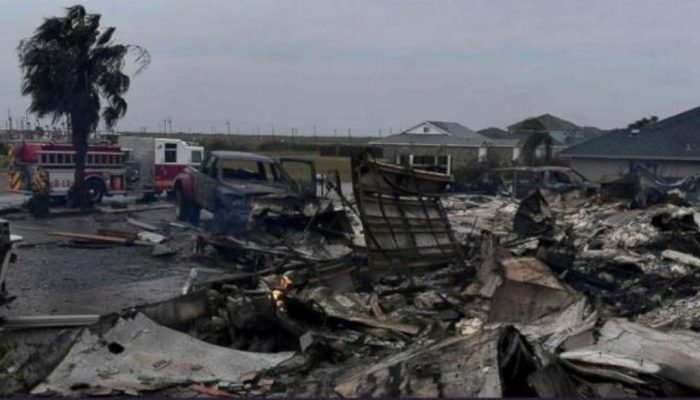Part of the Plan is the Office of Emergency Management’s monthly video series where we open our public safety plans and partnerships. Something we value at OEM is informing and including the public as to your roles in our plans. As we say: You are the Public in Public Safety. This month, we look at donations, which play a huge part in the recovery phase in many of our public safety plans. Wanting to help other’s in their time of need makes us human. Making smart choices and being knowledgeable and about how to help makes you Part of the Plan.
by Philadelphia Office of Emergency Management | September 21, 2017
Empathy.
One of the traits that makes us human.
The ability to understand and experience what someone else is going through.
This quality helps those experiencing the disaster recover.
Stories and images of survival move people to want to help. To do “something” by helping others during their worst time, often by giving.
The City of Philadelphia saw an outpouring of people wanted to help following Hurricane Harvey’s devastating effect on states in the Gulf Coast region of the United States.
But before you donate your money, time or materials, make sure your good-intention is the smartest choice for you and for those affected by disaster.
To make the most of your contributions, consider this information for donating and volunteering:
- Donate through a trusted organization. Check the National Voluntary Organizations Active in Disaster’s list of major non-profits that are active in disaster work.
- Use caution. Do online research and with the Better Business Bureau.
- Never donate over the phone unless it’s an organization you’re familiar with. Do not give credit card or bank account numbers.
- Don’t click links in unsolicited emails or on social media. Besides being a victim of a scam, your computer could become a victim of a virus.
Donating Money
Financial donations to charitable organizations are the most useful form of helping after a disaster.
It gives flexibility to help disaster recovery efforts where they are needed most.
Cash also pumps money into the local economy to help businesses recover.
Have a record of your donation by writing a check or making a credit card donation directly through the trusted organization’ secure website.
Donating Time
Contact involved non-profit organizations before going to the disaster area.
This helps ensure you are appropriately trained to respond in the most effective way.
Wait until a need has been identified and the community impacted has requested support.
Donating Materials
Find out what is needed BEFORE taking action!
Donations of goods such as food and clothing are done with good-intention. However, unsolicited materials can overwhelm organizations that are helping survivors.
Agencies may need to direct valuable resources, like money to transport and store, or volunteer’s time to sort, package, and distribute donated items that may not meet the needs of disaster survivors.
Donate items that are specifically requested or needed by organizations.
Follow Philadelphia Office of Emergency Management on Twitter. Like us on Facebook.

